 Today’s show offers the following feature:
Today’s show offers the following feature:
Extraterrestrial intelligence? (start time: 6:30): It’s mid-summer, a time when many of us like to spend leisurely time outside at night, gazing at the stars and planets, and asking the big existential questions, such as, Are we alone? Is there intelligent life waaay out there? Our guest today, science writer Sarah Scoles, has pondered these questions for several years. She discusses with hosts Susan Moran and Joel Parker her just-published biography, Making Contact: Jill Tarter and the Search for Extraterrestrial Intelligence. Tarter, an astronomer, directed the Center for SETI (Search for Extraterrestrial Intelligence) Research. Carl Sagan’s 1985 novel Contact” illustrates Tarter’s astronomical work. In the 1997 movie Contact (stemming from Sagan’s novel) actor Jodi Foster played a character who was loosely based on Tarter.
Hosts: Susan Moran, Joel Parker
Producer: Susan Moran
Engineer: Joel Parker
Executive Producer: Alejandro Soto
Listen to the show:
Podcast: Play in new window | Download (Duration: 27:30 — 25.2MB)
Subscribe: RSS




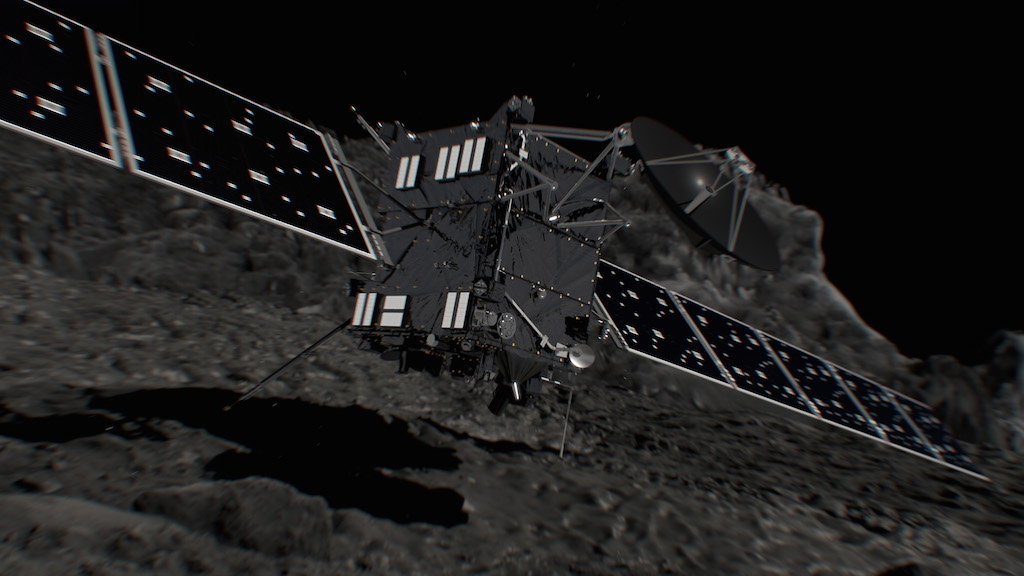
 Rosetta [feature starts at 5:27]
Rosetta [feature starts at 5:27]




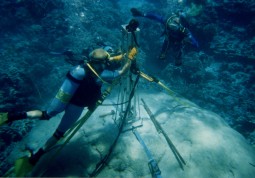


 Earth Day gives us plenty of reason to reflect on the state of the planet and the impact we humans have had on it. This week’s show featured
Earth Day gives us plenty of reason to reflect on the state of the planet and the impact we humans have had on it. This week’s show featured 
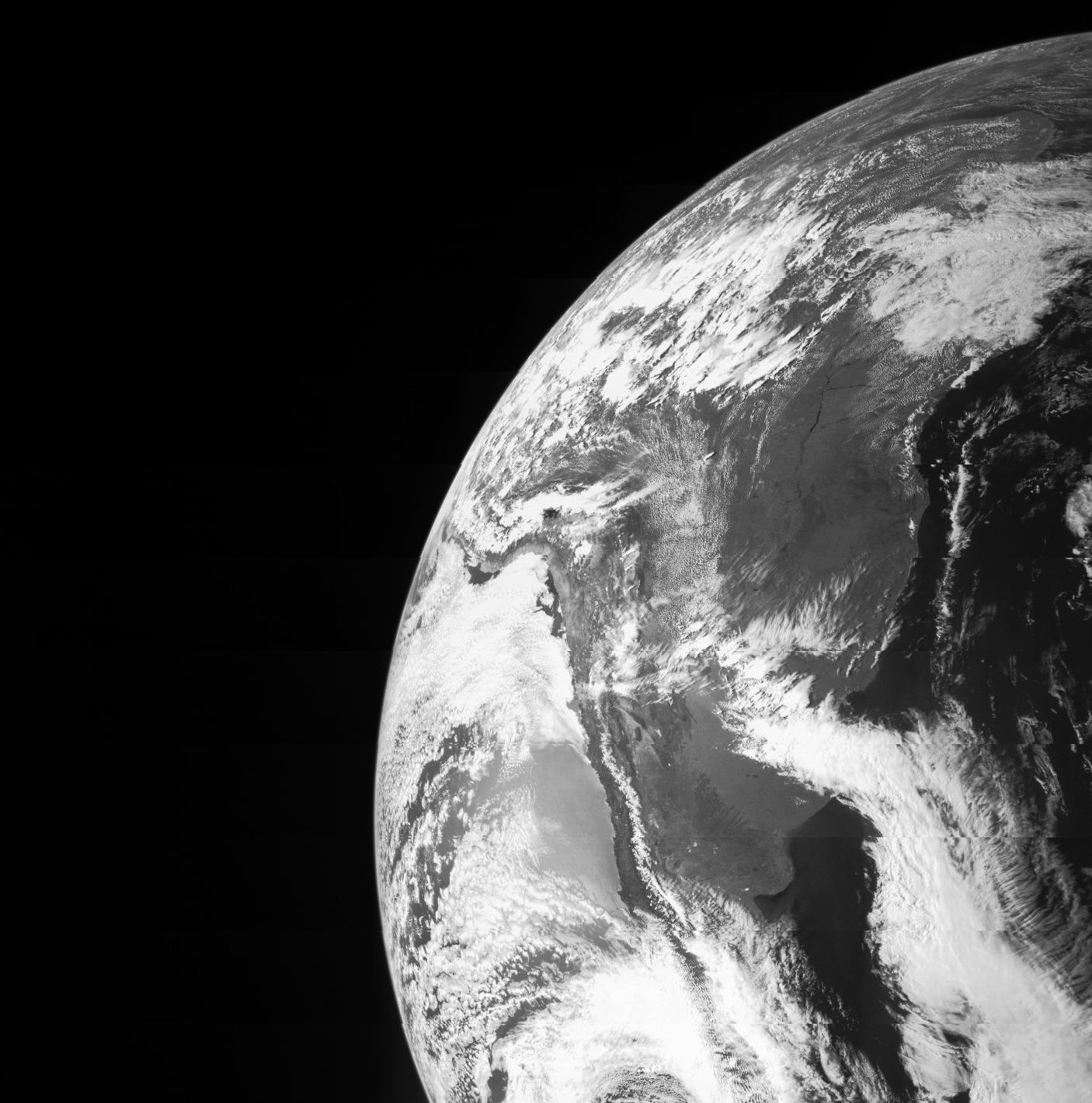
 For our first show in 2014 we offer two feature interviews:
For our first show in 2014 we offer two feature interviews: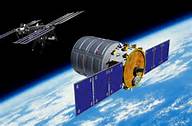 Feature #2: In expectation of the first official cargo flight of the
Feature #2: In expectation of the first official cargo flight of the 

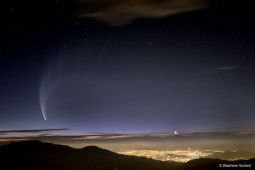 humans for millenia. Aristotle argued comets were hot, dry exhalations gathered in the atmosphere and occasionally burst into flame. Some people thought that comets replenished Earth’s air. Still others believed they were a source of disease. Scientists today study comets because some are thought to be relatively pristine leftover debris from the formation of the solar system. And studying what comets are made of can provide us a glimpse back to the beginning of the solar system 4 billion years ago.
humans for millenia. Aristotle argued comets were hot, dry exhalations gathered in the atmosphere and occasionally burst into flame. Some people thought that comets replenished Earth’s air. Still others believed they were a source of disease. Scientists today study comets because some are thought to be relatively pristine leftover debris from the formation of the solar system. And studying what comets are made of can provide us a glimpse back to the beginning of the solar system 4 billion years ago. 

 Planetary science budget (start time: 15:49). Despite the successes of the Mars missions and voyages to our other planetary neighbors, the White House decided that NASA’s planetary science budget should be drawn down. The hit would be substantial, a twenty percent reduction from 2012. 300 million dollars would be removed from a baseline one and a half billion dollars. We ask Dr. Alan Stern, who has served as the chief of the Science Mission Directorate at NASA, about why the planetary science budget should be restored.
Planetary science budget (start time: 15:49). Despite the successes of the Mars missions and voyages to our other planetary neighbors, the White House decided that NASA’s planetary science budget should be drawn down. The hit would be substantial, a twenty percent reduction from 2012. 300 million dollars would be removed from a baseline one and a half billion dollars. We ask Dr. Alan Stern, who has served as the chief of the Science Mission Directorate at NASA, about why the planetary science budget should be restored.
![hs-2011-23-d-web_print Pluto and its moons [click to enlarge] (credit: NASA, ESA, M. Showalter, Z. Levay)](http://howonearthradio.org/wp-content/uploads/2011/08/hs-2011-23-d-web_print-255x255.jpg)
